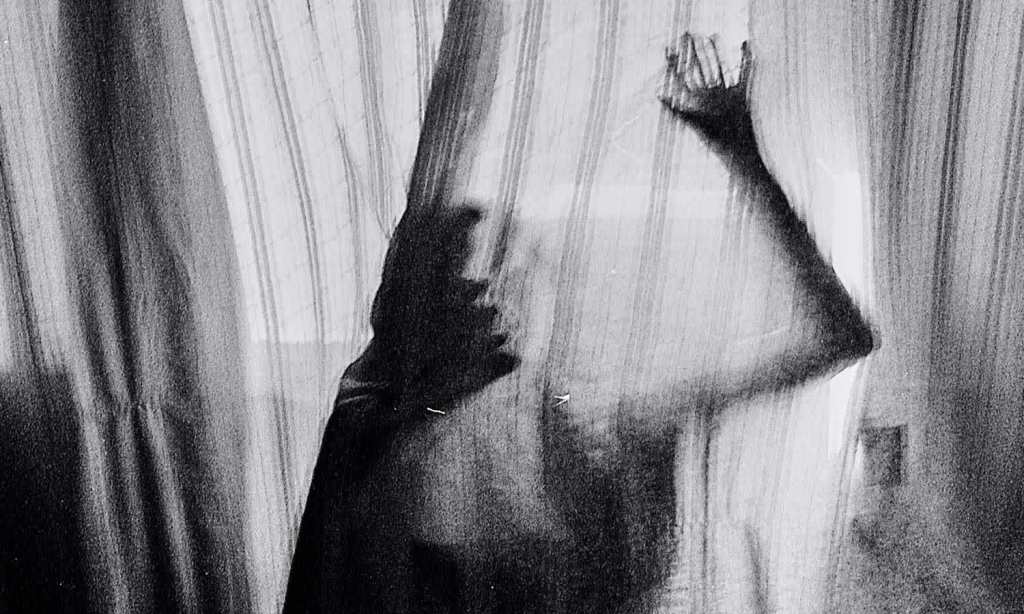Although generally speaking, Australians are having less sex now compared to pre-pandemic days, there’s a lot to be celebrated when it comes to sex in Australia.
For starters, with every new generation, the ‘orgasm gap’ (that is, the imbalance in orgasm frequency between straight men and women) is closing.
Whereas the orgasm gap for Boomers is still 79% (male) to 34% (female), that gap has closed significantly, with 77% of millennial males saying they always or nearly always orgasm during sex while 49% of females say the same.
A notable improvement, yes, but even more hopeful are the stats relating to Gen Z. That gap is smaller still, with 46% of females getting off nearly every time compared to males, 64% of which can say the same.
These findings are from Normal‘s Big Sex Survey — the Australian sexual wellness startup is on a mission to normalise conversations of self-pleasure. Normal thinks sexual wellness should be “stress-free, stigma-free and regret-free”, and they’re reinventing the way we shop for sexual devices to get us started.
With a range of gender-fluid, inclusive, intuitive and effective (can confirm) devices, the team is passionate about helping Australians find safety and comfort in pleasure, which is why they set out to discover all they could about sex education, sexual identity, and sex itself, with the Big Sex Survey.
Below are some notable takeaways from the study.
Sex by state
The survey found not all states get it on equally, and that, in fact, some states and territories could be considered much kinkier than others. The data found Western Australia to be the kinkiest state, with 18% of people in WA admitting to have tried kink, BDSM, or fetish play. People in WA were also more likely to give anal sex (23%).
Being separated from mainland Australia, it makes perfect sense that lovers from Tasmania would be most partial to long-distance — according to the findings, 19% had tried phone or video sex. But not just that, Tasmanians may be considered some of the most generous, with people in the state being most likely to give oral sex. In fact, Tassie was the only state in which the orgasm gap actually favoured female-identifying lovers at 64% to 50%.
And when it comes to a group sitch, Queenslanders had the highest chance of sex with more than one person (11%).
Sex-ed is failing us
We already know sex education in schools needs a serious overhaul. When you think about your own, likely you were served the dot points on periods, condoms and abstinence. Not exactly comprehensive, or even that helpful.
Turns out Australia agrees, and somewhat shockingly, a concerning number of young adults are still unsure how babies are made. The survey found almost 50% of recent male graduates did not receive sex-ed on how pregnancy occurs, and over 40% of females were not taught about various types of contraception.
Disappointingly, and despite current social conversations, sex education around the discussion of consent was minimal, with only 37% of males and 34% of females learning about how to discuss consent in school. Graduates knew even less about their legal rights and obligations of consent.
And even more disappointing still is the sex education relating to the LGBTQIA+ community. According to Normal’s survey, 0% of females and 10% of males learned about how to have safe LGBTQIA+ sex.
With a lack of genuine resources, people turn to self-education. In no particular order, the most popular resources for sex-ed include the internet, friends, social media, pornography, pop culture and partners.
What’s standing in the way of sex?
The survey found most of us are having sex between once a month and a couple of times a week, but that we all seem to think everyone is having more sex than they really are.
While 22% of male-identifying respondents said they were actually having sex 2-3 times a week, the same males believed 40% were getting it on that frequently. What that tells us is that we could probably all let up on sexpectations and just enjoy the moments when we do feel like getting intimate with another person, rather than wondering if we’re having enough of the good stuff.
As for what’s standing in the way of us having sex more often? Anxiety, body image, and sexual skills were deemed concerns for many. Of millennial females, 40% said body image made it hard to enjoy sex. The biggest concern for male-identifying participants was wanting to give partners more pleasure (27%), but body image was a close second for 25% of people.
It might be why 73% of females preferred the lights off during sex. Males, on the other hand, preferred them on (57%).
Read more stories from The Latch and subscribe to our email newsletter.

